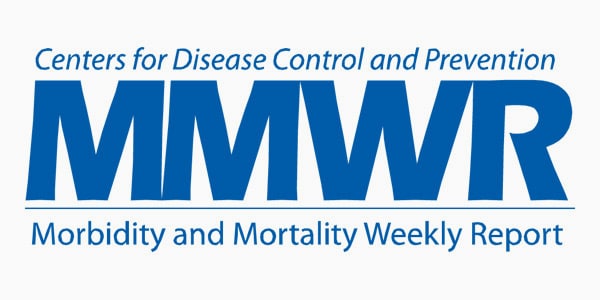Abstract and Introduction
Abstract
A majority of medications are metabolized by the liver's CYP450 system. Metabolism of specific pain medications differs among individuals due to pharmacogenetic variation. CYP450 genotyping displays the type of metabolizer a patient is, in order to determine drug appropriateness, dosage, and dosing interval. Results of pharmacogenetic tests allow patients to be dosed appropriately and avoid experiencing dose-dependent side effects or lack of drug efficacy. Pharmacists can play a role in providing information to patients on selecting opioids where genetic testing may be useful.
Introduction
Patients with CYP450 pharmacogenetic variations may respond differently to opioids, ranging from drug unresponsiveness to toxicity with elevated serum levels. The administration of opioids may be associated with adverse drug reactions including sedation, dizziness, nausea, vomiting, constipation, physical dependence, tolerance, and respiratory depression.[1] By performing pharmacogenetic testing, patients can be dosed appropriately to avoid experiencing dose-dependent side effects or lack of drug efficacy.
US Pharmacist. 2015;40(3):23-26. © 2015 Jobson Publishing







